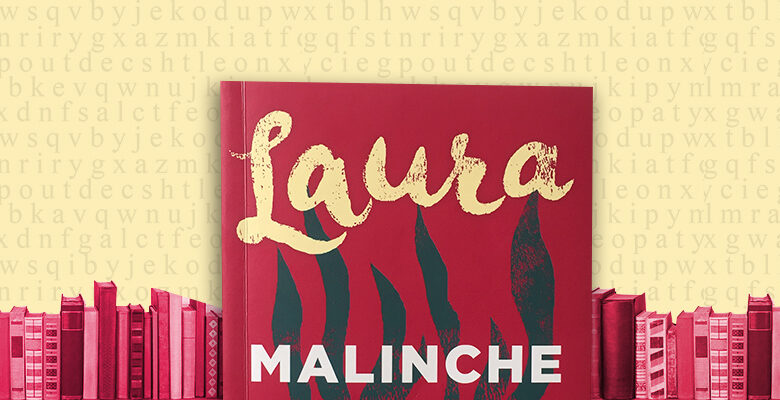Latam BookLook: “Malinche” by Laura Esquivel

Listen this article
This novel is a retelling of the most controversial and enigmatic episode in the history of Mexico

Leer en Español: Latam BookLook: “Malinche” de Laura Esquivel
What’s it about?
Malinche is a novel based in the story of the Malinche and Hernán Cortés. “Malinche” is how Malinalli, the indigenous woman in charge of translating for México’s conquistador Cortés between Náhuatl and Spanish, is popularly known. Esquivel narrates Mallinali’s childhood and weaves together the memories of her early life and the events that take place when she begins to serve as Cortés’s translator. It is a story full of Mexica mythology, the people that inhabited México before the arrival of the Spanish. This mythology mixes with the Catholic believes, while Malinalli learns of this new religion that is being imposed in her land. In the novel, initially the translator does not find contradictions between her religion and the one the Spanish bring, but when she begins to witness how the conquistadors act and spends more time with them, she begins to have doubts. History tells us that Malinalli, like other natives, thought that Cortés was actually their god Quetzalcoatl, the feathered serpent who, according to prophecies, was meant to come back to free the Mexicas from Huitzilopochtli, god of war. Malinalli wanted her people free from Moctezuma’s rule, because he venerated Huitzilopochtli and performed human sacrifices that they offered to the god. Malinalli believed that helping Cortés meant bringing a new era of peace to her land. Boy, was she wrong.
Who wrote it?
Laura Esquivel is a Mexican novelist better known for her first book, Like Water for Chocolate. She has published eight books and is an active participant in Mexican politics. Malinche was first published in 2006 and has been reedited multiple times. It stays relevant because it narrates an episode of Mexican history that is perhaps the most intriguing one: how Moctezuma, a powerful emperor who lived in a city easily twice as big as any European city of the time, handed his empire to a Spanish man who did not even have permission from the crown to go on a conquest mission. Supposedly, Cortés was only authorized to explore. In Esquivel’s version, Malinalli and her conviction that Cortés was really a god was a big part of what lead to Moctezuma not defending his empire. However, as one of the biggest enigmas in history, we can never be sure.
Read or pass?
The history of México and of Latin America in general is particular because of the culture shock between the Spanish and the natives. This shock produced a cultural blend that resulted in, for instance, Malinalli helping Cortés despite having witnessed how he massacred the people of the city of Cholula. Esquivel builds a primarily fictional narration based in documents like Cortés’s diaries and the indigenous testimonies that were later gathered by Spanish priests. It is a romanticized version that presents Malinalli as a “woman-girl” who is strong but at the same time submissive, which is truly confusing. The aggregated value of the novel lies in Esquivel’s research on Mexica culture: it allows the reader to understand the Cosmo vision of these people in all areas, from their gods to their clothing and their food. However, as a novel, there are better options out there.
Latin American Post | Laura Rocha Rueda





